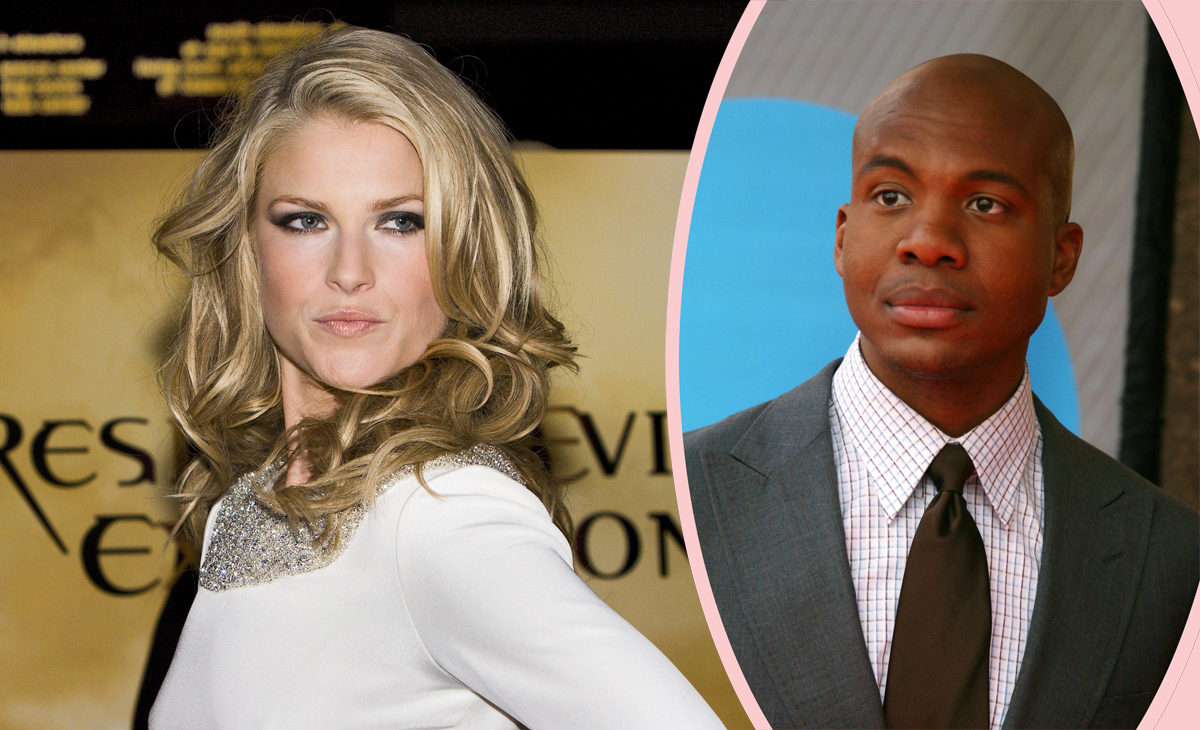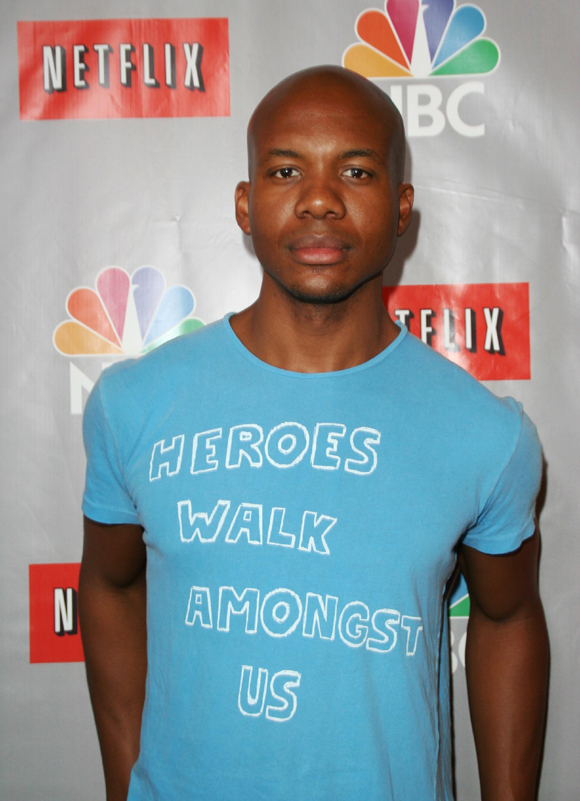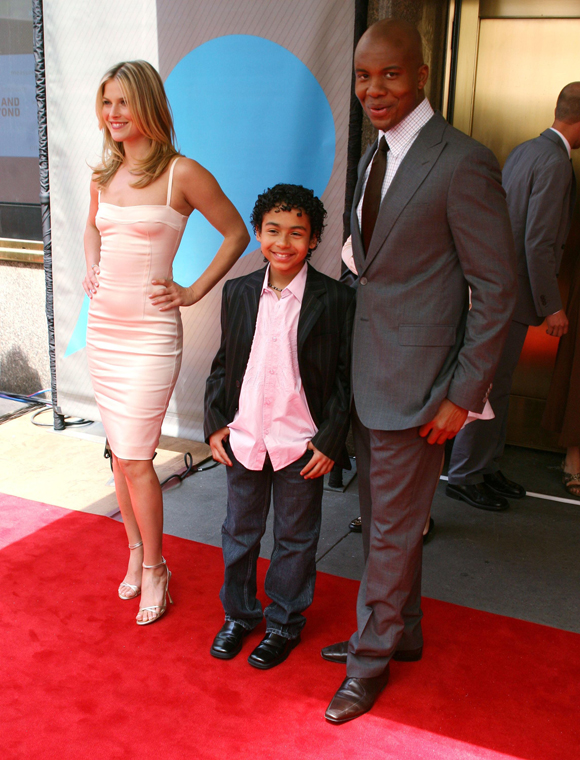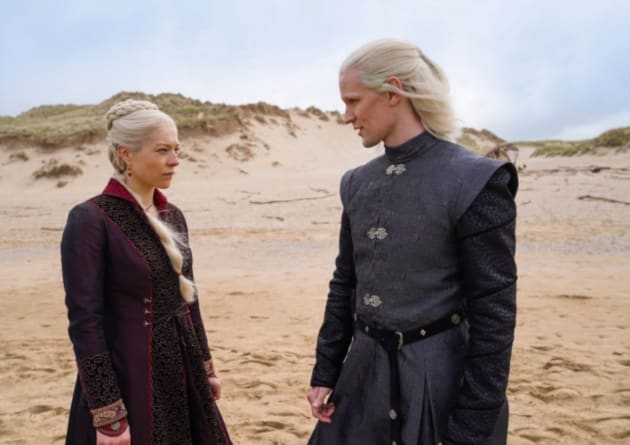#Ali Larter Accused Of Toxic, Racist Behavior By HEROES Co-Star

“#Ali Larter Accused Of Toxic, Racist Behavior By HEROES Co-Star
”
For those who don’t remember the ratings juggernaut that took America by storm, the show was the next lost and the Avengers all rolled into one, a mysterious science fiction series in which regular people found they suddenly had super powers, which they used to fight evil as they slowly discovered secret connections between them.
The show became an instant water cooler hit, surging through the zeitgeist at hypersonic speeds. It launched the careers of Hayden Panettiere, Milo Ventimiglia, and Zachary Quinto. And it nearly ruined the life of Leonard Roberts.
Related: Tia & Tamera Mowry Got Paid LESS On Sister, Sister Than Those Who ‘Weren’t Of Diversity’
Leonard played a character named D.L. Hawkins, who had the power to phase through matter and walk through walls. But unfortunately he had a superhero’s special weakness, and it wasn’t lead or kryptonite — it was the actress playing his wife.
In a new op-ed for Variety, the actor (whom you might also recognize from Buffy The Vampire Slayer or Drumline) describes a toxic work environment that grew around him — and eventually blasted him out of the show — as he struggled just to do his job.

First, Leonard learned he was not being given the same opportunities as his co-stars, sharing thoughts with the writers room about their characters. (He also learned there were no Black voices in the room at all.) Then he found out his introduction was being pushed further and further back — until finally he was introduced in the sixth episode as the husband of the previously established Niki Sanders, played by one of the show’s only previously established stars, Ali Larter.
The depiction of an interracial marriage was still unusual on network TV, but it seemed like it was more of a problem for Ali than anyone watching. In a rehearsal, recalls Leonard, Ali made it clear she was completely uncomfortable even giving the appearance of nudity or intimacy with him. He writes:
“On another occasion, during the staging of a bedroom scene, my co-star took umbrage with the level of intimacy being suggested between our characters. In a private rehearsal, Greg Beeman, our director, asked if she was willing to lower the straps of the top she was wearing and expose her bare shoulders only above the sheet that covered her, in order to give the visual impression she was in the same state of undress as me, as I was shirtless. My co-star refused Beeman’s request, and I was instantly aware of the tension on the set. I remember instinctively checking to make sure both my hands were visible to everyone who was there, as not to have my intentions or actions misconstrued.”
So sad he felt that extra pressure. But it wasn’t about him.
“Despite Beeman’s clear description of what he was looking for visually, my co-star insisted she was, indeed, being asked to remove her top completely, and rehearsal was cut. She then demanded a meeting with Beeman and the producers who were on set and proceeded to have an intense and loud conversation in which she expressed she had never been so disrespected — as an actress, a woman or a human being.”
This is the same actress who wore the whipped cream bikini in Varsity Blues?? OK…
Leonard notes how he was never invited to join in on the discussion with her about the scene. But this wasn’t about doing a sex scene — because she’d already done one on the show! With a white actor, Adrian Pasdar.
“After watching the episode, I asked Pasdar if there had been any concerns similar to what I witnessed during my episode. He replied to the contrary, and mentioned her openness to collaboration and even improvisation. I pondered why my co-star had exuberantly played a different scene with the Petrelli character involving overt sexuality while wearing lingerie, but found aspects of one involving love and intimacy expressed through dialogue with my character, her husband, disrespectful to her core. I couldn’t help wondering whether race was a factor.”
Later on, Leonard was asked to attend a meeting executive producer Dennis Hammer about a TV Guide blind item that read:
“According to multiple unnamed sources who asked not to be identified for fear of having their brains devoured, the female half of this twosome cannot stand to be in the same room as her leading man, let alone make out with him. Coincidentally (or perhaps not), these two have shared only a handful of scenes together in recent weeks.”
The producers had invited Leonard in to assure him that the matter was “being handled internally.” They clearly knew exactly who and what this was about. It would seem Ali hated working with him for some unexplained, mysterious reason…
Producers were reassuring him, but Leonard couldn’t help but notice his role was getting smaller and less interesting while Ali’s was not suffering. He even asked about being written off (as many were — it was a surprisingly bloodthirsty show for network TV), but he was told he absolutely would be returning for the second season.

During the upfronts he remembers his onscreen wife saying just one thing to him — about their Entertainment Weekly collector’s cover selling worse than all the other stars’.
“It was the first and only thing she said to me that night and I believed the subtext was clear: I was tarnishing her brand.”
Then show-creator Tim Kring reached out and told him discussions about Season 2 had changed:
“The day after returning from upfronts, I received a call from Kring, my first ever. In a short voicemail message, he said that due to “the Ali Larter situation,” when the show returned for Season 2, audiences would learn that D.L. had died, and that I was free to call him if I wanted to talk. I was stunned.”
Yep. There was an “Ali Larter situation” alright, but the solution wasn’t for her to be reprimanded or fired or for the couple to split up and not have to film together. The solution was they were going to kill him offscreen. All because his white co-star had a problem with him. Gross.
He did call for clarification, and he got it. In the meeting, with both Kring and Hammer, he was told he was being fired because of Ali:
“Kring began by reiterating that because of my co-star, he just couldn’t make my remaining on the show work story-wise.”
Leonard was essentially told the writers just didn’t know what they could do with his character if Ali didn’t want to work with him.
“Hammer stepped in. He said he needed me to know I was “loved” and my co-star was “hated” by many for her behavior, saying it as if I would join in. I didn’t; I just wanted to be able to do my job and do it well. Hammer then made it clear he would deny what he said if I went public with said revelation. I pointed out it was absurd to hear that, given that when the meeting concluded, my co-star would be the one still with a job and I would be the one painfully unemployed. Hammer said I needn’t worry, suggesting I would undoubtedly move on from Heroes and still be working in 10 years.”
Wow, they really told him she was the source of the problem and even that she was “hated” for it — but that they couldn’t say that? What Hammer said next got to the heart of the matter as far as the actor was concerned:
“‘Don’t think of this as a situation where the Black man loses and the white woman wins,’ Hammer said.
And that was the first time my race was ever acknowledged while I was a part of the show: not for any creative contribution I could make, but for what I believed was the fear of me becoming litigious.”
Eventually they decided to bring D.L. back for the second season after all — in order to kill him on camera, right in front of Niki.
Leonard writes that the racism of what had happened to him was obvious to his co-workers of color — and yet still improbably hard for his white co-workers to grasp:
“Weeks after my last Heroes episode, one of my castmates, with no irony, said, ‘Can you really say you lost your job because you’re Black? C’mon, man. They’re gonna always keep the hot blonde on the show. That’s just Hollywood.’ I responded that for him, as a white man, to ask me to deny I lost my job because I was Black, but accept my co-star kept her job because of attributes he clearly believed identified her as white was, in fact, a quite literal embodiment of systemic racism.”
In recent years Leonard has returned to the small screen with recurring roles on American Crime Story, Mom, and Major Crimes. But he’ll never forget the time he was pushed off the hottest show on network TV because a white woman couldn’t stand to do intimate scenes with him.
What do YOU think of his story?? Read the whole account for yourself HERE.
[Image via Digital Creations/PNP/WENN.]
If you liked the article, do not forget to share it with your friends. Follow us on Google News too, click on the star and choose us from your favorites.
For forums sites go to Forum.BuradaBiliyorum.Com
If you want to read more Like this articles, you can visit our Social Media category.




